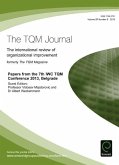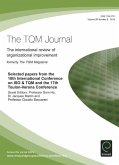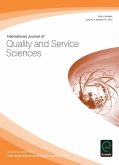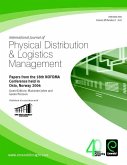The development of innovative financial products has an important role in the global growth of both the financial and real sectors of the economy. New financial products help to service increasingly more complex global economies. The successful implementation of these innovations can play a key role in driving global market efficiency and new economic growth.The first article in this issue, by Richard Graff, suggests the use of an alternative, non-debt based version of fixed income securities that may help to avoid some of the problems inherent when debt instruments are securitized. The second article by Hafas Furqani and Akram Laldin examines the applicability of maqasid al-Shari'ah in the context of Islamic financial products. The third paper by Takayasu Ito analyses the co-movement and transmission characteristics among Islamic rates of return, conventional Malaysian interest rates, and KLIBOR (Kuala Lumpur Interbank Rate). The fourth paper, by Magda Ismail Abdel Mohsin, examines the role of waqf financing schemes across Muslim countries. Lastly, in the fifth paper, Hanif Akhtar examines the cost efficiency scores of KSA banks before and after the financial crisis.
Dieser Download kann aus rechtlichen Gründen nur mit Rechnungsadresse in A, B, BG, CY, CZ, D, DK, EW, E, FIN, F, GR, HR, H, IRL, I, LT, L, LR, M, NL, PL, P, R, S, SLO, SK ausgeliefert werden.









